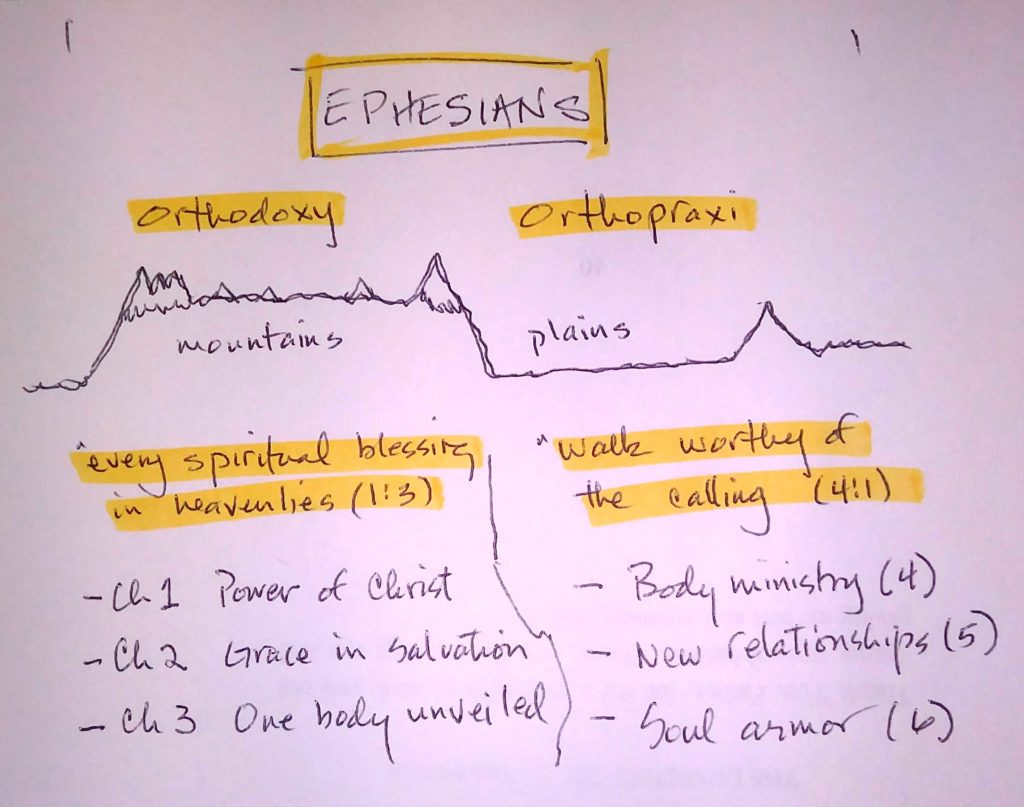“Thank you for organizing this block party,” our neighbor exclaimed. “You’ve brought us out of our homes. We’re starting to get to know our long-time neighbors.”
So said a man down our street following our 4th of July party. We observed physical distancing, etc., and had 80-100 folks turn out for two live bands, barbecue hot dogs and burgers (individually served), and a lot of getting acquainted.
I have heard reports of others from our church reaching across the street to befriend neighbors. One family made pizza fixings for those nearby and invited them all to bake them and come outside to enjoy the feast.
Others are inviting friends to gather and watch our church services together on YouTube.
I talked with a woman the other day and we agreed that one change many of us could make would be to switch some of our activities from the back yard to the front, or from our apartment deck or balcony to the common area nearby.
Two days prior to our block party, Aimee and I walked over to the apartments near us and invited families (many from the Middle East) to join us. Three families came. (When I apologized in advance for the noisy fireworks, he replied, “Oh that’s nothing. Back home, when we celebrate, we fire machine guns into the air!”)
Rightly, we long for the days when we can gather freely to worship. But let’s not miss the opportunity to shift some of our focus to ministering where God has placed us.
You might be tempted to think Aimee and I do outreach because we are missionaries. I surely don’t question the fact that our life experiences have taught us to stretch our comfort zone and look for opportunities to help others. But I like to think we have grown in this way because ultimately we are just normal people who want to obey Jesus and share Him.
International travel may not ever be the same. Mission trips have been cancelled by the thousands. But millions of families from foreign lands got on airplanes over the last few years and now live near you. Perhaps they cannot leave, or maybe they will soon be asked to depart. Who knows if God has placed them in your city for this season so that they might encounter the love of Jesus through loving Christians?
Showing kindness to strangers is core to our faith. We are often surrounded by new neighbors who have never known a true believer nor heard of God’s love in sending His Son. Isn’t it obvious that God wants us to cross the street in His name? Are we held back by fear or busyness?
These days the Church cannot gather normally. What if we won’t be able to return to normal for a year or more? Will we look back and wish we had made the most of this opportunity to befriend others around us?
The Church is not merely scattered. We have been sent into our extended families and neighborhoods.
Do you know how I began doing this when I moved into my neighborhood two years ago? By smiling and waving to virtually all my neighbors as they walked or drove by. I mowed my front lawn and pulled weeds to be a visible presence as much as to tend my yard.
When Aimee and I got married, we just continued doing these things. Intentionally we posted this welcoming sign in our front yard. Now, when we learn a neighbor’s name, we write it down in order to hopefully address them personally next time. We’re slowly building trust.
It’s a marathon, not a sprint. It’s a lifestyle, not a program.
Consider this:
What hesitations emerge inside you when you think of being “sent” to the people around you?
What possibilities stir inside you when you picture yourself crossing over and building new relationships?




